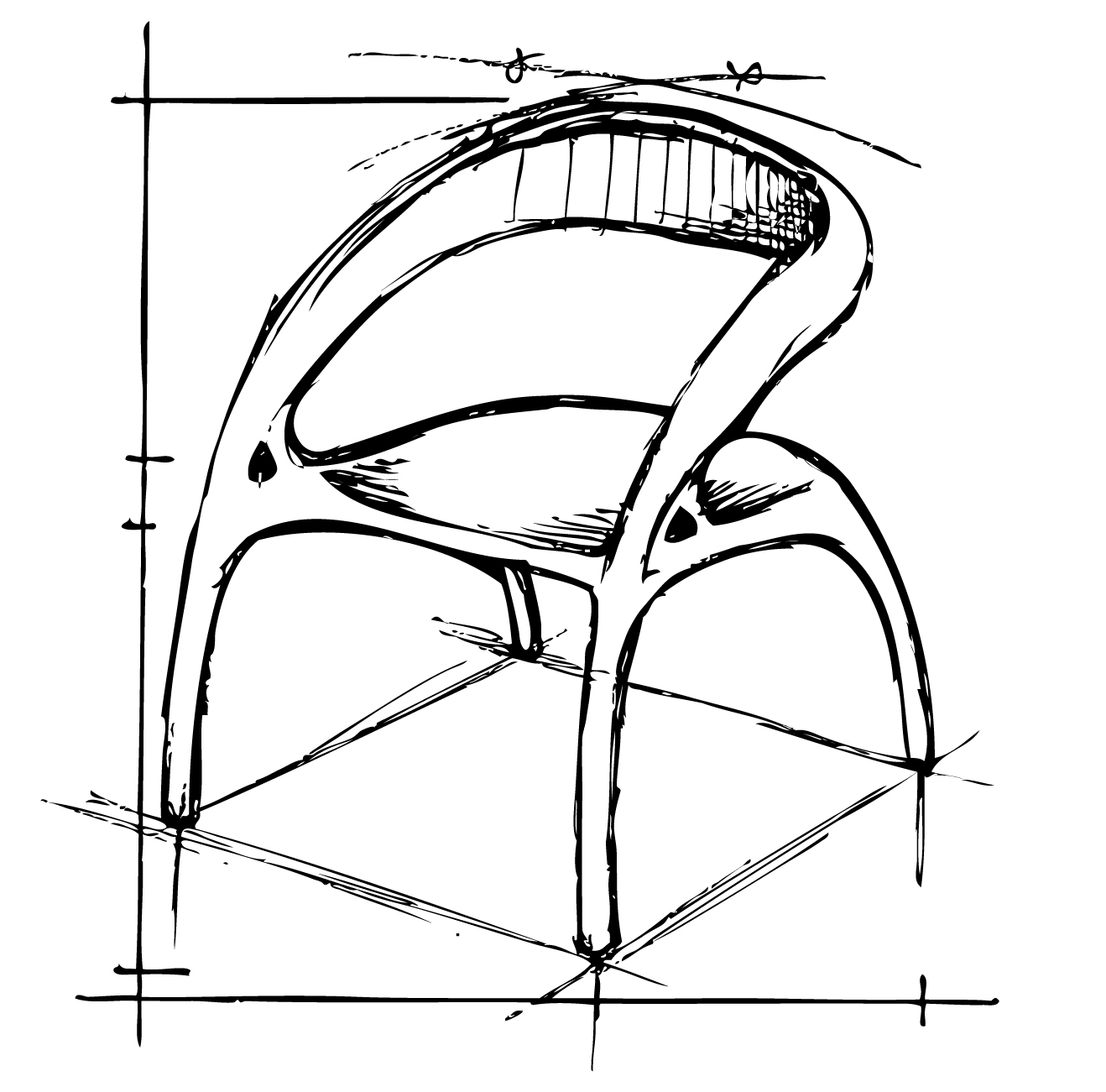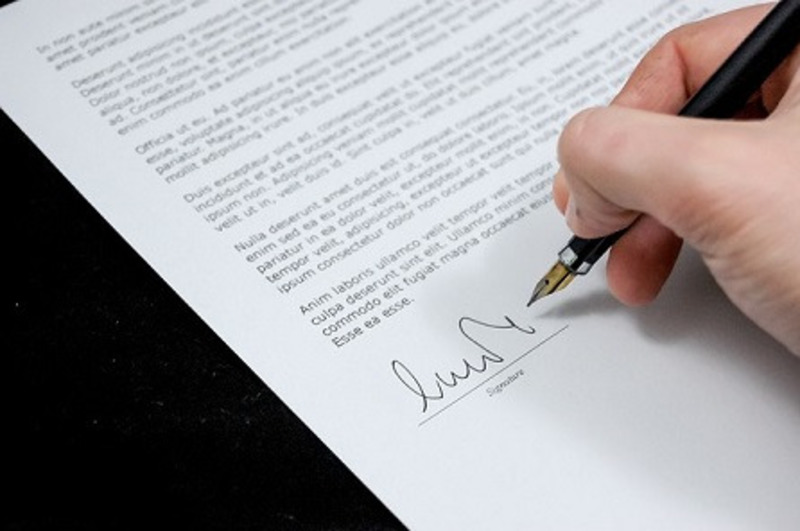Milan challeges London for patent court
Milan wants to replace London as the site of a new court to rule on pharmaceutical patents in Europe, arguing that the UK should be excluded in the wake of the Brexit vote.
The new court is part of the long-awaited unitary European Patent System to protect new inventions, which is due to begin next year.
The system aims to cut red tape by automatically validating a single patent in all countries that have signed up. This will be a huge advantage for businesses that at present have to spend money applying for separate patents in different territories.
As part of the plans, a new Unified Patent Court in Paris will deal with legal disputes about new inventions while another in Munich will deal with engineering issues.
A third court division is due to open in Aldgate Tower, London, next year dedicated to disputes in pharmaceuticals and life sciences, a sector in which the UK is seen as a world leader.
However, lawyers now say that the Brexit vote has cast doubt on whether the UK can host the new court, or even sign up to the unitary principal after it leaves the EU.
The system involves accepting EU law and rulings from the European Court of Justice in Luxembourg which may be unpalatable for Brexit-supporting politicians.
L’Ordine dei Consulenti in Proprietà Industriale, the Italian trade body whose members include patent attorneys and trademark experts, last month wrote to the Italian prime minister urging him to back Milan as the new court location over London.
“There are many reasons why Milan is a natural candidate in lieu of London for the seat of this prestigious European institution,” Anna Maria Bardone, its president, wrote to the Italian government.
The Unified Patent Court agreement has not yet been ratified by Germany and the UK, although France and 10 other countries have signed it.
Rob Williams, co-head of the intellectual property group at Bird & Bird, the law firm, said: “The UK will find it hard to accede to the supremacy of EU law in this context. If the UK does not ratify, there will need to be a renegotiation by the other member states in order to sort out a solution that does not include the UK.”
Alan Johnson, partner at Bristows, the law firm, said it was unlikely the UK would ratify the existing system for political reasons.
“The question is whether the other countries will want to go ahead without the UK. I think there is little chance the UK will sign this as it is a difficult sell politically.
“Some people are now talking about whether it would be an opportunity to look again and design an inclusive system with more countries involved and London keeping something like the court as a result.” he added.
Helen Cline, legal director at Pinsent Masons, the law firm, said plans for a unitary patent system had originally included non-EU member states.
“I think there is a real opportunity here to revisit the original 2009 proposal which did not just include EU members,” she said. This would be a more truly European patent system.”
The new system will not affect the way patents are granted. The European Patent Office in Munich is not an EU institution and will continue to administer patents on behalf of the EU.
The UK government has already made it clear that the Brexit vote has no impact on British businesses’ ability to apply to the European Patent Office for patent protection.
The Intellectual Property Office said in a statement: “The UK remains a signatory state of the Unified Patent Court at present. We will continue to attend and participate in UPC meetings in that capacity. There will be no immediate changes.”
A recent report by Richard Gordon, the barrister commissioned by the Chartered Institute of Patent Attorneys, concluded that the UK could join the court even if it left the EU - but would have to be agreed with the other EU states.












